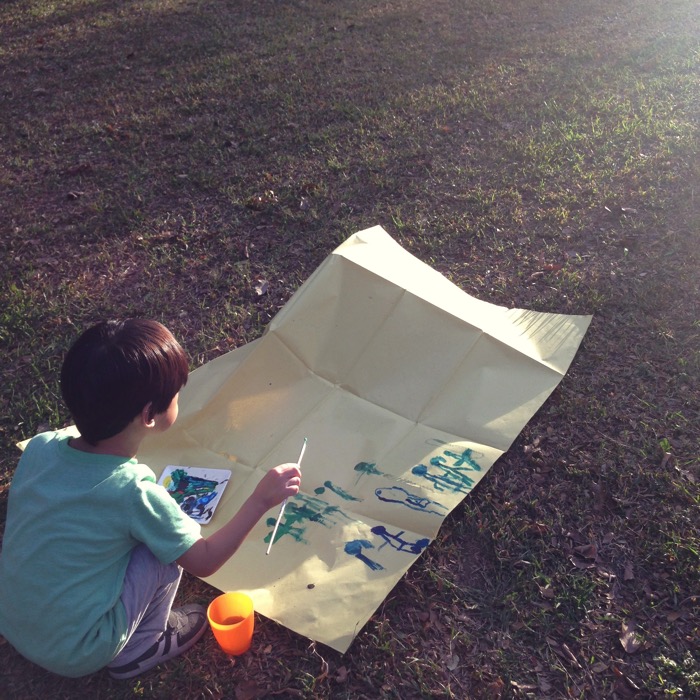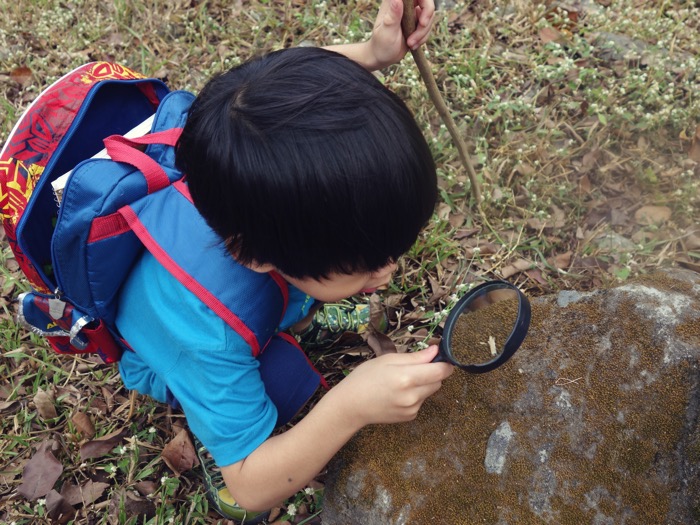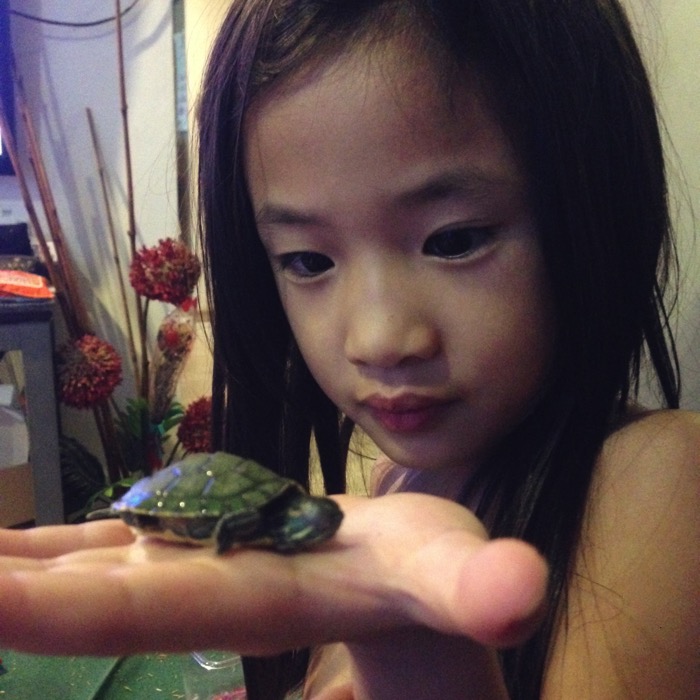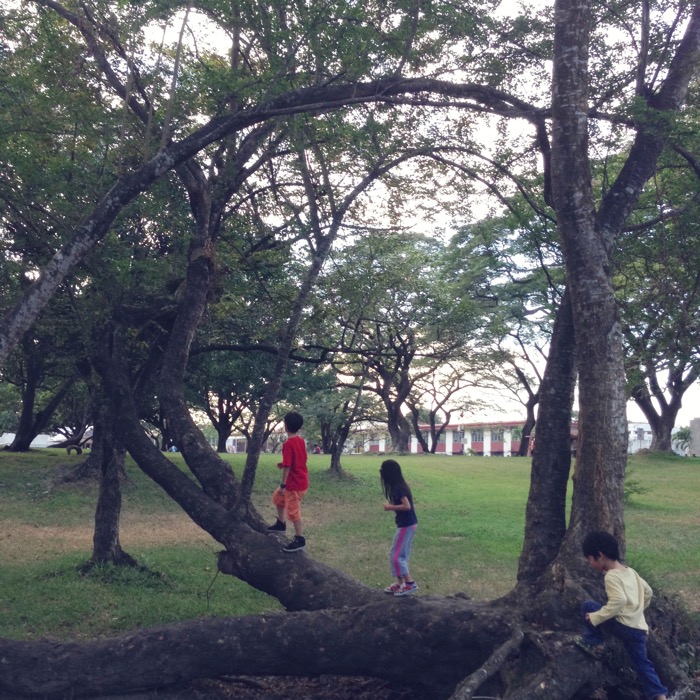(This is an attempt to understand Charlotte Mason’s 20 Principles. Check the Introduction here.)

“…truths get flat and wonders stale upon us.” (Vol 6, p. 33)
Charlotte Mason (CM) makes a point that truths get flat and wonders fade. We no longer marvel at the little things. We ignore and no longer mind the beauty of the way a nest is built by a bird, budding trees, or sometimes even the wonders of a newborn. It is easily lost. Our eyes wander off and busily take on tasks. In the case of infants, we naturally and easily move on to care and feed them. But she implies that there is more about them that we need to remind ourselves of:
That they are Born Persons.

It may seem like an obvious statement, but I often forget. And when I forget, my way of parenting changes drastically. The more I study this truth and remind myself of it, the more I understand the direction I ought to take in rearing and educating my children. I think it is a simple truth that we adults often forget.
“Take a small child on your knee. Respect him. Do not see him as something to prune, form, or mold. This is an individual who thinks, acts, and feels. He is a separate human being whose strength lies in who he is, not in who he will become.” (emphasis mine.) – Susan Schaeffer Macaulay, For the Children’s Sake
His strength lies in who he is. This helps grasp what it means to see a child as a person. There is simply respect for him. This infant, toddler, or teenager thinks, acts, and feels. And as a parent or educator, we first take in and accept who they are.
Before we begin to educate, it is essential to understand and process how we view children. Because how we view them, will greatly affect how and what we teach.

Part of being born persons is knowing that they are NOT empty slates. She therefore rejected the idea that children needed to be molded. It was a common view then, as is now:
“Their notion is that by means of a pull here, a push there, a compression elsewhere a person is at last turned out according to the pattern the educator has in his mind.” (Vol 6, p. 34)
When we treat a child like a bucket, filling him with information rather than letting his mind process ideas, we have failed to see him as a Person. A homeschool mom perfectly articulates and sums up my thoughts regarding this:
“Children are not lumps of clay to be stamped factory-style with whatever print we desire. Whatever instruction and nurture they receive, they receive it and mingle their own personality with it. We can help them control and cultivate and develop the expressions of their personality, but we should never forget that their personality is a necessity to their being, not an inconvenience to our plans.”

Charlotte Mason was a realist. She looked at a child with wonder but she DID NOT romanticize him. Part of seeing him as a Person is rejecting the idea that a child is the center of everything.
“..that the beautiful infant frame is but the setting of a jewel of such astonishing worth that, put the whole world in one scale and this jewel in the other, and the scale which holds the world flies up outbalanced.” (Vol 6, p. 34)
When the child is the center of everything, it leads to passive parenting. When parents choose not to discipline, and simply give in to every child’s whim, the parent will soon lose his authority. Being the “best friend” of the child, rather than being the parent, is a romanticized idea that I often see in Filipino culture. The idea of disciplining a 4 year old is unthinkable for most. But clearly, laying the world on a child’s lap is not seeing him as a Person. It is a disservice that will backfire sooner or later.

Some practical thoughts I need to make happen:
I need to mind my 1 year old’s cry for attention, rather than brushing her off instantly. I need to look the 4 year old in the eye and help him calm down when he is acting up. With kind eyes, I need to firmly direct and let him go through the natural consequence rather than simply “punish”. I need to understand where my 6 year old’s thoughts are coming from, rather than simply impose my rules on her. I need to sincerely listen to what my 8 year old son is saying, rather than assume that I already know his thoughts.
I want this atmosphere of treating everyone as a Person in my home, but with Authority still firmly in its place, recognized and respected by my children. In seeing that they are Born Persons, the more I am aware that Authority (vs. Autocracy or vs. Passivity) is needed. It gives me more reason to take this derived Authority seriously, gracefully leading them, while recognizing that their strength is already in who they are, rather than who they will become.
(Next part of Principle #1 is focused on nourishing the mind of a child in the context of him being a Person. Stay tuned.)